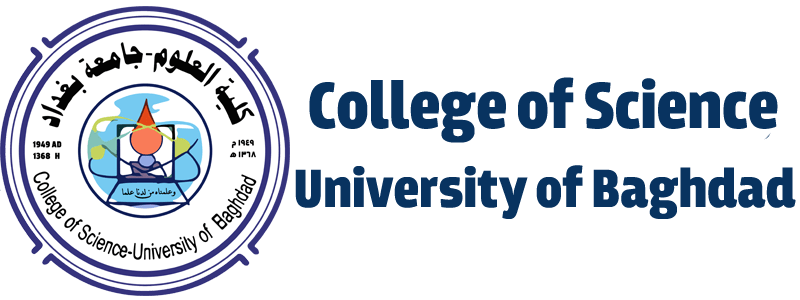Admission Requirements
The department admits graduates of the scientific, biological, and applied branches of high school. The minimum admission requirements are determined annually by the Ministry of Higher Education and Scientific Research for both morning and evening study programs.
Learning Outcomes
The department offers a Bachelor’s degree in Remote Sensing and Geographic Information Systems, requiring 128 credit hours spread across eight semesters. Graduates acquire the following skills and knowledge:
- Foundational Knowledge
- Gain a comprehensive understanding of surveying engineering, aerial and satellite imaging, astronomical analysis, remote sensing, and geographic information systems (GIS).
- Practical Application
- Apply geomatics concepts, laws, and theories in various fields such as environmental studies, natural resource management, urban and agricultural planning, navigation, defense, and security.
- Technical Proficiency
- Operate geomatics and laboratory equipment, materials, and tools with skill, precision, and responsibility. Conduct practical experiments, analyze results, and derive scientific conclusions.
- Computational Skills
- Utilize computers and specialized geomatics and mathematical software to solve problems, perform simulations, design models, present findings, and publish scientific work.
- Professional Development
- Develop critical, creative, and research thinking skills. Foster lifelong learning, teamwork, effective communication, and adherence to scientific and professional ethics.
